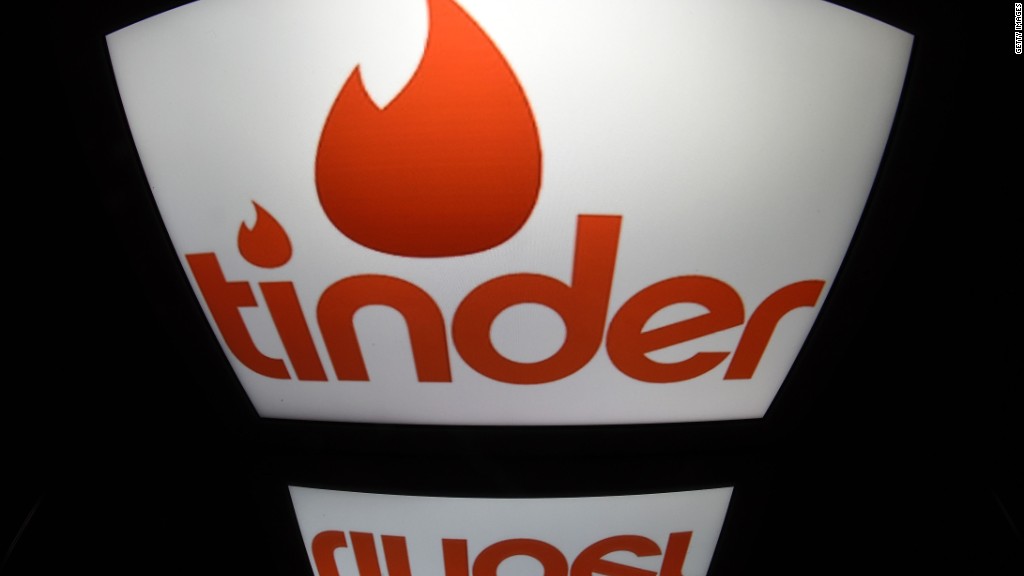
Tinder is not only helping transgender people date, it's also helping to normalize what it means to be trans.
In November, the popular dating app introduced the option to let users identify as any gender, not just male or female.
As a result, the app has seen roughly 250,000 matches with transgender users, Tinder founder and chairman Sean Rad announced onstage at SXSW on Friday.
GLAAD president and CEO Sarah Kate Ellis, on a panel with Rad about inclusivity, commended the steps that Tinder has taken to elevate trans people.
"You guys proactively took this on. We weren't at your front door with pitchforks yet," she joked.
According to Rad, the update came after he starting hearing from Tinder moderators that trans users were being harassed while using the platform.
"They were getting reported on the merits of who they were, not because they did anything bad," Rad said, adding that because of how Tinder's moderation system works, getting reported ultimately resulted in some users being banned.
Related: Cory Booker: We need to love each other
"In Tinder's case, we're representing tens of millions of users and [we] want to do what's right by all of them," Rad said. "Corporate leaders need to recognize they are, in a way, political leaders ... It is very important that we set an example."
It took more than just adding features, Rad said. It also required training Tinder's moderation team on how to deal with these types of reports. "No algorithm is going to solve for humans. We needed our team to understand how to empathize."
Also on the panel was Zackary Drucker, a transgender activist and producer on the TV series Transparent. Drucker said that "having trans folks in the mix, no longer separate and on the side, is enormous."
"It's actually really impossible to quantify how huge that is when we've always existed hidden, kept away," Drucker said. "Ultimately, we're not yet seen as human to a large percentage of the world."
Dating apps can be a place to create visibility for those who are typically marginalized, according to Ellis, who took a moment to recognize the significance of the panel's location -- in Texas.
She called attention to the proposed Senate Bill 6, or "bathroom bill" that is making its way through the Texas Senate.
Similar to the North Carolina bill, it would require Texans to use the bathroom that corresponds to the sex on their birth certificates.
"At the end of the day, it targets trans youth," she said. "It's about public accommodations and letting people exist in public without being harassed unduly."

